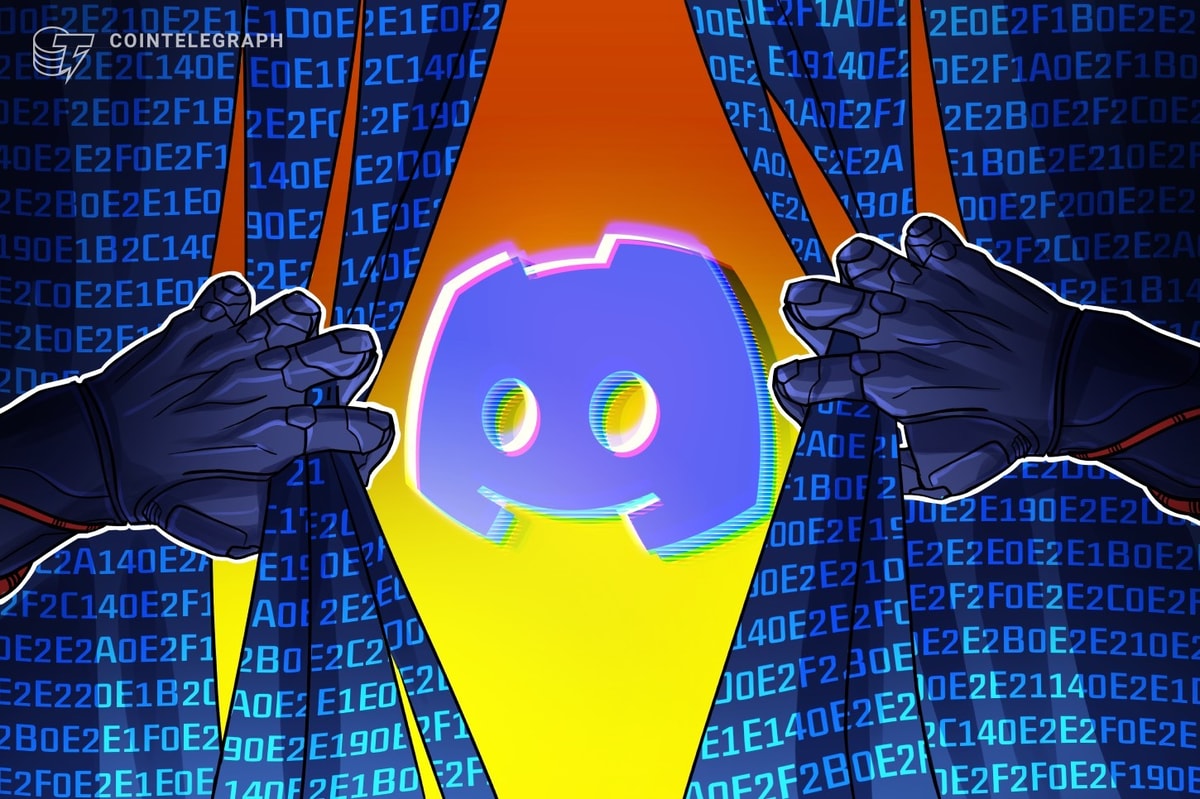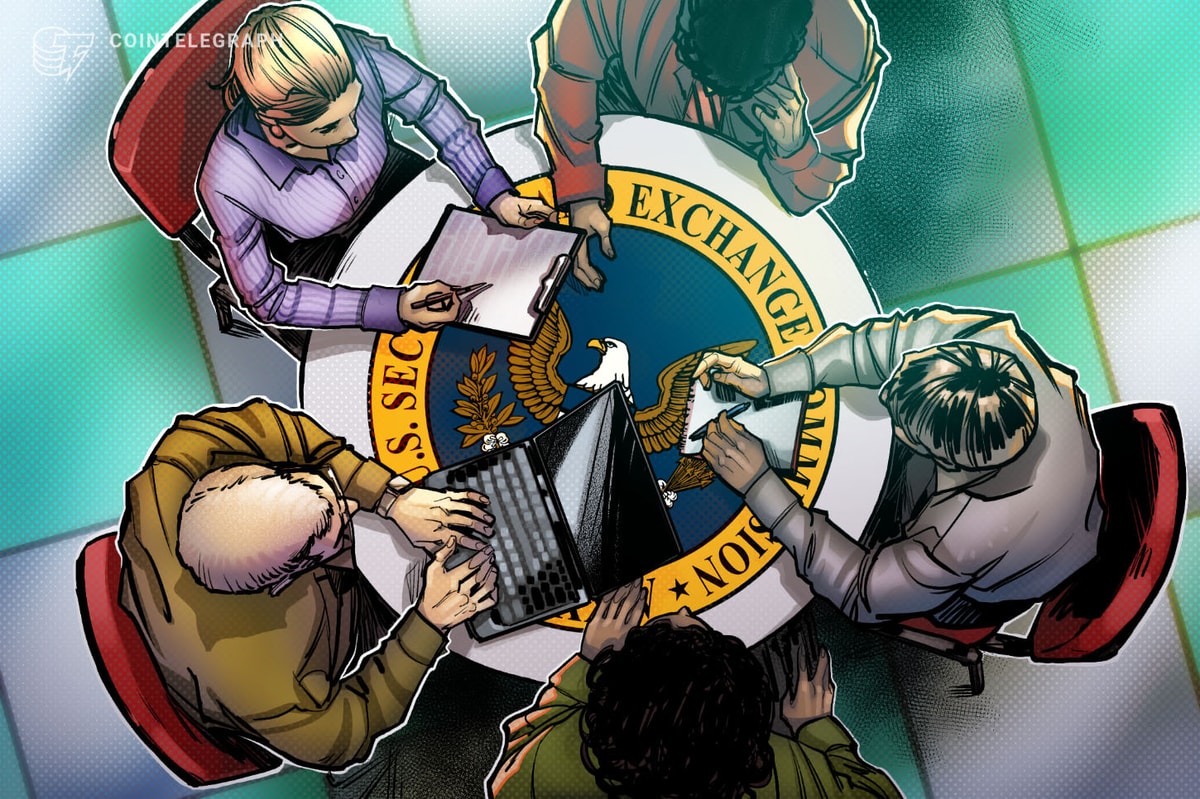
The RAND Corporation, an influential global policy think tank with strong defense and homeland security ties, has released a report titled “National Security Implications of Virtual Currency .” The report, freely available online , examines the feasibility for non-state actors, including terrorist and insurgent groups, to increase their political and/or economic power by deploying a virtual currency (VC) for use in regular economic transactions.
The report was sponsored by the U.S. government through the Office of the Secretary of Defense, and the research work was conducted within the International Security and National Security Implications of Virtual Currency Defense Policy Center of the RAND National Defense Research Institute, a federally funded research and development center sponsored by the Office of the Secretary of Defense, the Joint Chiefs of Staff, the Unified Combatant Commands, the Navy, the Marine Corps, the defense agencies and the defense intelligence community.
After the recent wave of terrorist attacks in Paris and San Bernardino, it was easy to predict that virtual currencies would be denounced as tools that can be used by terrorists for their criminal intent. Immediately after the Paris attacks, there have been calls to increase state control of digital currency transactions to prevent terrorists from using digital currencies to work around state regulation and control of fiat currency transactions – or to ban digital currencies entirely.
The RAND report goes one step further and suggests that governments should use advanced technical means to actively disrupt virtual currencies. That includes terrorist groups, but also peaceful deployments of digital currencies by other non-state actors, and a general war on privacy and encryption.
According to the RAND analysts, virtual currencies demonstrate a resilient means of storing data in a highly distributed fashion that is very hard to corrupt and could permit, for instance, information dissemination (blogs, social media, forums, news websites) that is resilient to nation-state interference.
“[Virtual currencies] represent the latest step toward decentralized cyber services,” notes the report. “In particular, the historical trend suggests the development of a resilient public cyber key terrain, which this report defines as the ability of unsophisticated cyber actors to have persistent, assured access to cyber services regardless of whether a highly sophisticated state actor opposes their use.”
The report suggests that the U.S. Department of Defense should disrupt decentralized digital currencies to prevent “unprecedented global access to information and communication services that, at its core, is agnostic to the national security interests of the United States.”
The RAND researchers analyze key features of decentralized blockchain-based systems, including but not limited to virtual currencies, of which bitcoin is the best-known example. But non-currency applications of blockchain technology, such as sophisticated systems for encrypted storage and emerging forms of decentralized web and communication services, are seen as equally threatening. In fact, one of the effects of the growing popularity of Bitcoin is an increase in the cryptography awareness and sophistication of the population at large.
“Increased awareness of block-chain technologies has, as a result, increased awareness of sophisticated cryptographic techniques for distributed consensus and computation,” note the analysts. “Venture capitalists now talk about computer-science concepts [that] would never have been the subject of discussion beyond rarefied academic circles.”
A key consideration is that digital currencies are still relatively unknown and untrusted by the population. But this will change as more people begin to see the advantages of decentralized, P2P blockchain-based systems for all sorts of value storage and transactions. In fact, digital currencies are becoming more and more popular, not only in the developed world, but also in the developing world where unfavorable economic conditions and inefficient financial systems could push people to accept a non-state digital currency as a viable alternative.
Therefore, the RAND report seems to suggest pre-emptive strikes and notes that “perhaps the best strategy for the United States and its allies to thwart a VC deployment would be to target those properties of a VC that would most increase its acceptance, most notably transaction anonymity, security, and availability.”
Examples of promising cyber attacks against digital currencies and blockchain-based systems for other applications are given.
In related news, presidential candidate Hillary Clinton has recently called for a “Manhattan-like project” to help law enforcement break into encrypted communications. Calls for a war on encryption have also been issued by other top politicians worldwide, such as U.K. Prime Minister David Cameron, whose plan to ban strong encryption in Britain has been ridiculed by high-profile Internet activists. A difference is that Clinton and RAND suggest relying more on technical means other than regulations and bans.










